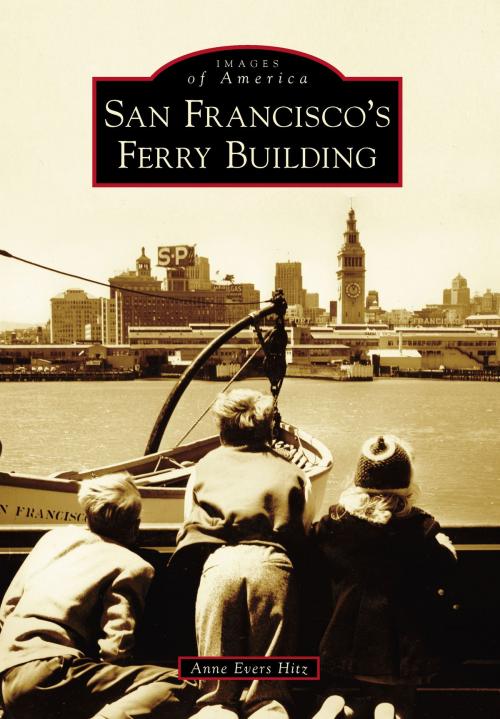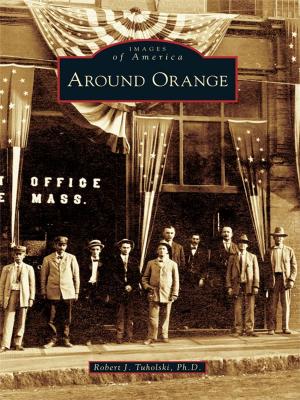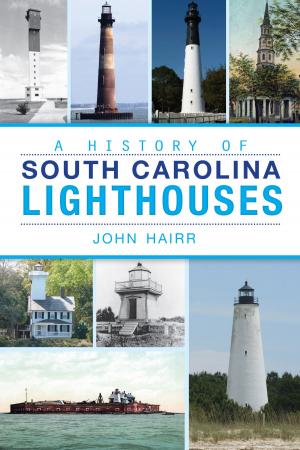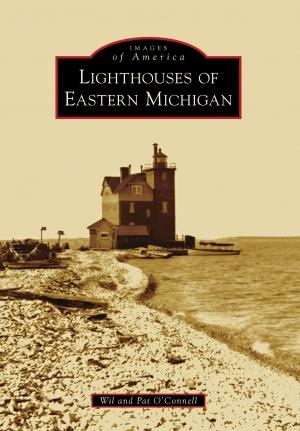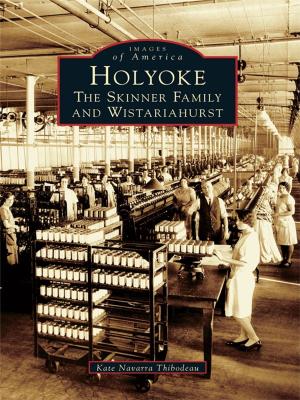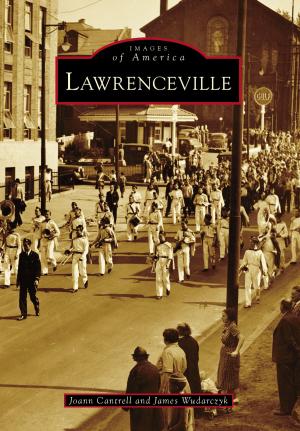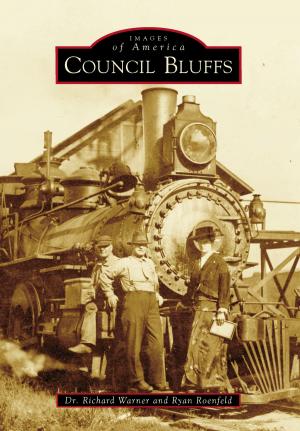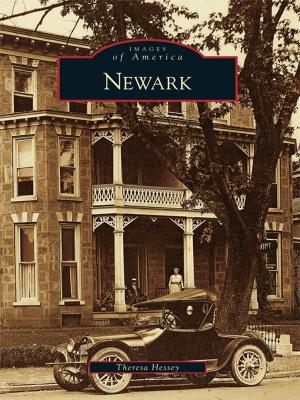San Francisco's Ferry Building
Nonfiction, Art & Architecture, Photography, Pictorials, History, Travel, United States, West, Reference & Language, Transportation| Author: | Anne Evers Hitz | ISBN: | 9781439661840 |
| Publisher: | Arcadia Publishing Inc. | Publication: | August 7, 2017 |
| Imprint: | Arcadia Publishing | Language: | English |
| Author: | Anne Evers Hitz |
| ISBN: | 9781439661840 |
| Publisher: | Arcadia Publishing Inc. |
| Publication: | August 7, 2017 |
| Imprint: | Arcadia Publishing |
| Language: | English |
For many years, visitors traveling to San Francisco came via ferry, and the Ferry Building, one of San Francisco's most famous landmarks, stood ready to welcome them. In the 1920s, the Ferry Building was the world's second-busiest transit terminal (after Charing Cross, London), with more than 50,000 people a day passing through the elegant structure, designed by architect A. Page Brown and opened in 1898. When the 1906 earthquake struck and the ensuing fire was destroying the city, the venerable waterfront icon stood above the ruins, giving residents hope that the city would recover and rise from the ashes. By 1939, with the Golden Gate Bridge and the Bay Bridge both open, ferry traffic fell off. By the late 1950s, ferry service ended altogether, and the building's beautiful facade was blocked by the double-decker Embarcadero Freeway. With the freeway's demise after the 1989 Loma Prieta earthquake, the Ferry Building was restored and reopened in 2003. It is once again a beacon of civic pride, a landmark listed in the National Register of Historic Places, and a public space that anchors the San Francisco waterfront.
For many years, visitors traveling to San Francisco came via ferry, and the Ferry Building, one of San Francisco's most famous landmarks, stood ready to welcome them. In the 1920s, the Ferry Building was the world's second-busiest transit terminal (after Charing Cross, London), with more than 50,000 people a day passing through the elegant structure, designed by architect A. Page Brown and opened in 1898. When the 1906 earthquake struck and the ensuing fire was destroying the city, the venerable waterfront icon stood above the ruins, giving residents hope that the city would recover and rise from the ashes. By 1939, with the Golden Gate Bridge and the Bay Bridge both open, ferry traffic fell off. By the late 1950s, ferry service ended altogether, and the building's beautiful facade was blocked by the double-decker Embarcadero Freeway. With the freeway's demise after the 1989 Loma Prieta earthquake, the Ferry Building was restored and reopened in 2003. It is once again a beacon of civic pride, a landmark listed in the National Register of Historic Places, and a public space that anchors the San Francisco waterfront.
